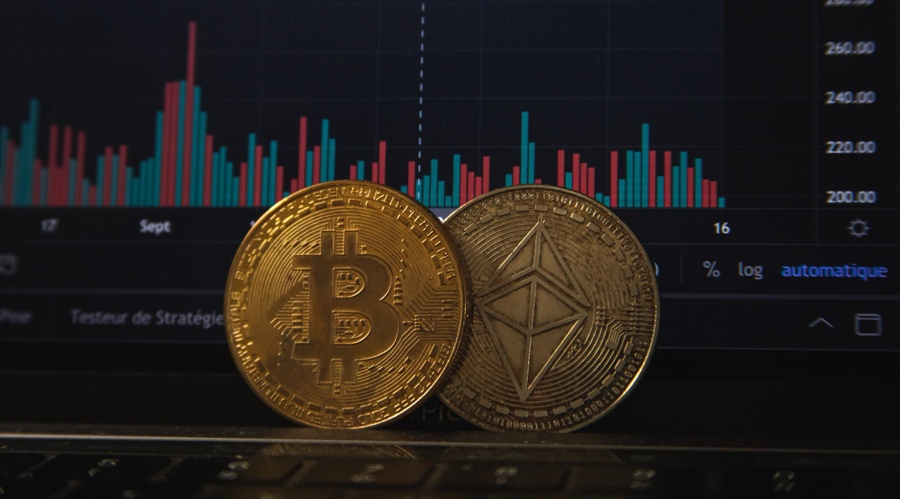When spot BTC ETFs went live in the US back in January, it wasn’t yet clear how they would perform, but there was a sense that their launch was an occurrence that–if not exactly inevitable–had been likely to occur at some point.
In the case, though, of spot ETH ETFs, which went into operation last Tuesday, it feels in some ways like a different story. Approval from the SEC came through in May, but that decision surprised many observers and even prompted speculation that there could have been political motivations at work, since presidential candidate Donald Trump was at that time in the process of establishing a publicly pro-crypto campaign stance.
From there, it didn’t take long to get to launch, and while 2024 is becoming a year that will be remembered for its crypto ETF developments (don’t forget that two firms–VanEck and 21Shares–have also filed applications with the SEC for spot SOL ETFs), it’s becoming apparent that along with similarities between the BTC and ETF products, there are also some key differences.
That in mind, let’s take a look at those similarities and differences, and the implications for the products, their underlying assets, and the rest of the crypto space.
How Are the BTC and ETH ETFs Similar?
In the US, there have been ongoing disagreements, mainly between the SEC and almost the entire crypto industry, about whether or not the majority of crypto tokens can be classified as securities and therefore fall under the purview of the SEC. What’s notable is that the SEC appears to want crypto tokens within its remit, and so often argues the case for coins as securities, with a few exceptions.
Most obviously, the commission accepts that BTC is best placed in the commodities category, and–although Chair Gary Gensler has been equivocal on the matter–the widespread consensus appears now to be that ETH also can be accepted as a commodity.
And in fact, as far back as 2018, then-director of the SEC’s Commission of Corporate Finance William Hinman expressed the opinion that ETH, like BTC, was decentralized enough to be treated as a commodity rather than a security. Also, in 2023, CFTC Chair Rostin Behnam explained in reference to ETH futures funds that,
“We would not have allowed the Ether futures product to be listed on a CFTC exchange if we did not feel strongly that it was a commodity asset”.
Another similarity between the BTC and ETH funds lies in how they are affected by Grayscale. In short, prior to spot BTC…
























